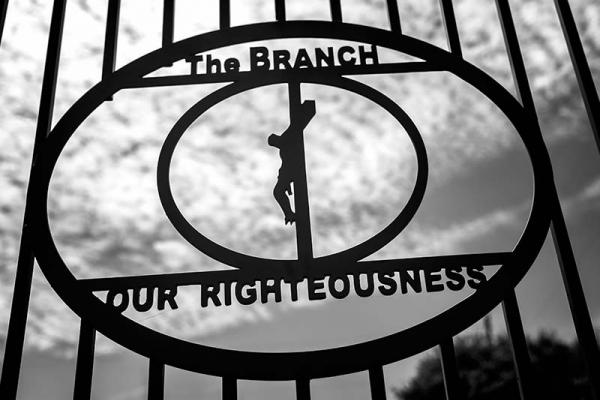Dec 5, 2017
If you were of age in 1993, you don’t need to be reminded who the Branch Davidians were and what the Federal Bureau of Investigation did to them on April 19th of that year.
For newcomers to the scene, these “Davidians” were well-known for their extremist activities in Waco, Texas. They were a typical “cult” during a decade in which intense and isolated religious groups were a threat to their neighbors, the relatives of their members, and the public at large. In that April incident, the FBI, urged by public opinion, set out to discipline them and prevent them from creating public disturbances. Yet, create a disturbance they did.
Read the Full Article

Already a subscriber? Login
